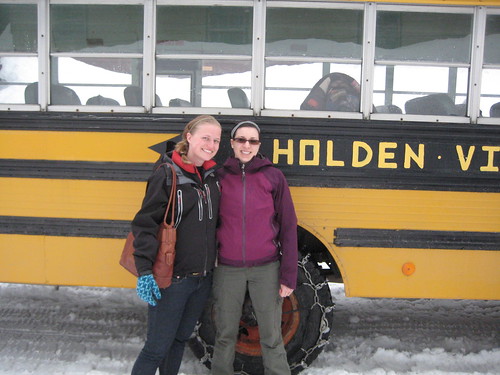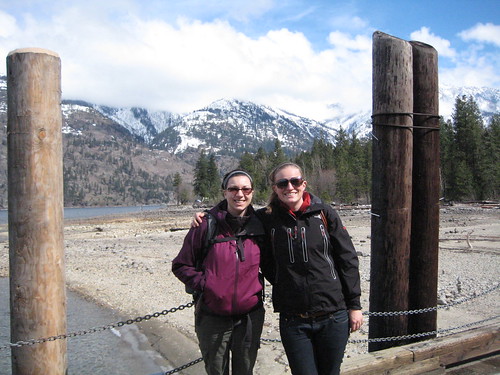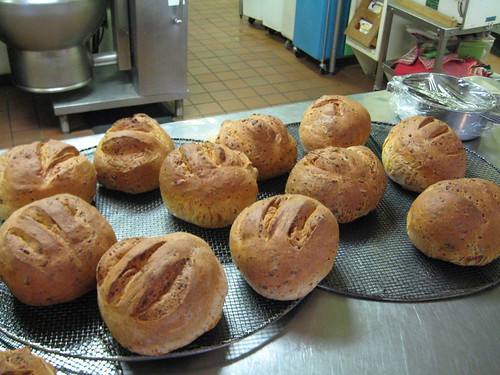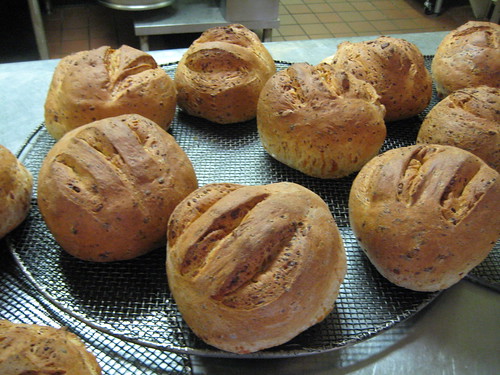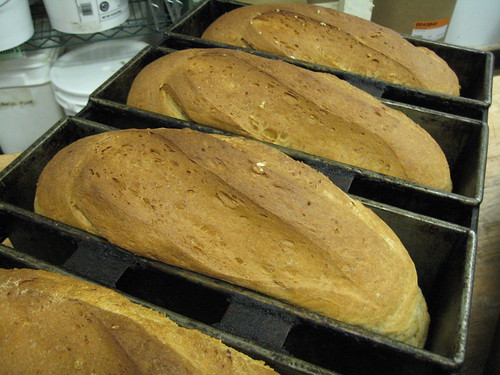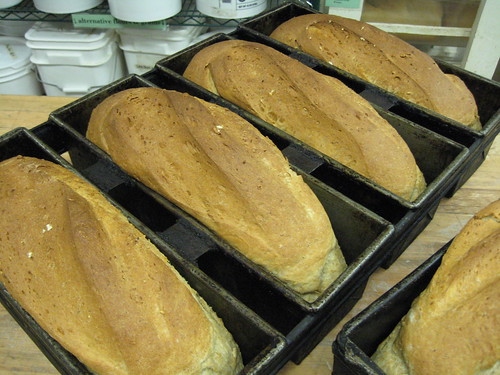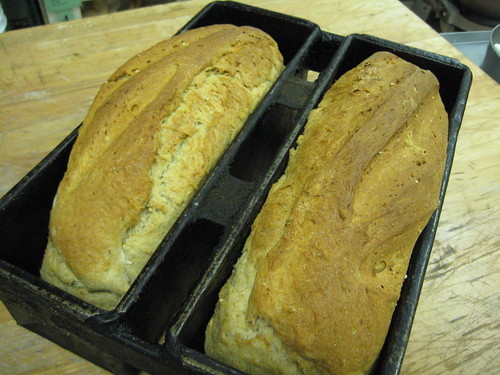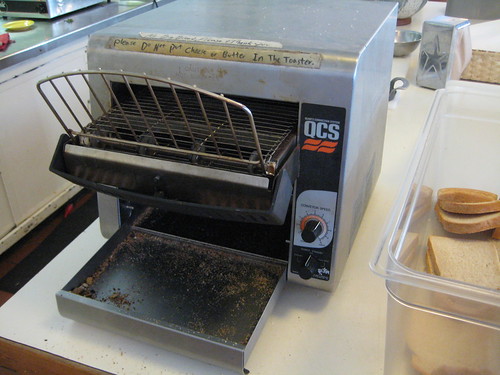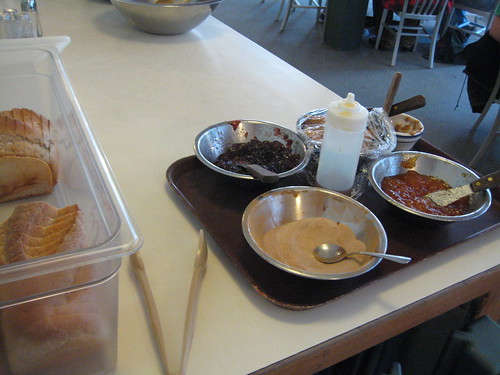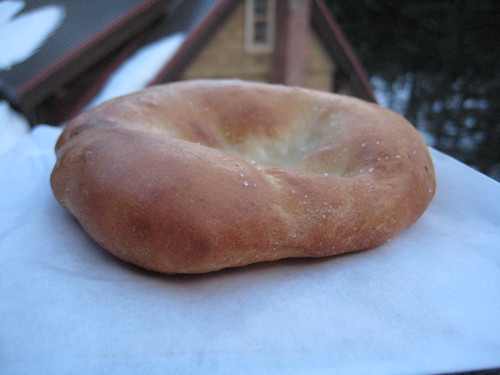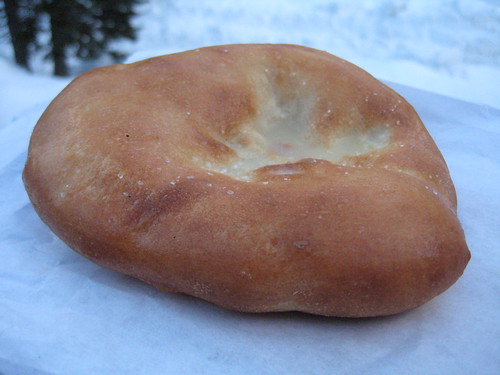My graduate school project is getting closer and closer to completion, and while researching I was struck by this set of principles offered by John Barclay and I felt compelled to share them with you. Perhaps consider theses are you prepare for Thanksgiving next week.
Principles: “The first was
that all food consumption must be done in orientation and thanksgiving to God;
the second, that any food consumption must take into account the effects of
that eating on others.”
“1. Although the Christian
faith imposes no universal rule regarding which foods may or may not be eaten,
food is not a non-issue for Christians, but is liable to raise a number of
acute and serious questions concerning Christian obedience.
2. A critical question
concerning food is whether it can be eaten in thanksgiving to God, whether its
orientation is ‘to the Lord’. Good consumption is not a neutral issue for
Christians, nor an ‘unspiritual’ matter beneath their moral radar, but as much
a part of their Christ-orientation as every other dimension of life.
3. It is central to
Christian discipleship to consider the effects of one’s practices on others, to
look beyond one’s own legitimate rights and freedoms to see how others are
affected. Even food – what we eat and how and where we eat it – can have
serious knock-on effects on others, unintended, perhaps, and unexpected: but it
is our responsibility to know those effects and to weigh them.
4. Food-taboos are not in
principle un-Christian; abstention may be a necessary way of honoring the Lord.
In particular, if food consumption causes harm to others, if it damages the
weak or humiliates the poor, it is Christians’ responsibility to impose upon themselves
a contextually relevant food taboo.”
So what is our Christian
responsibility in the face of the impending and current environmental crisis?
Barclay, J. G. (2010). Food, Christian identity and
global warming: a Pauline call for a Christian food taboo. Expository
Times, 121(12), 585-593. Retrieved from EBSCOhost.










